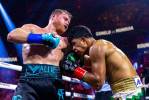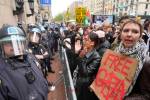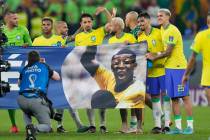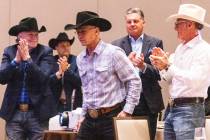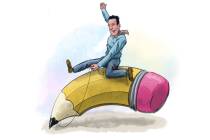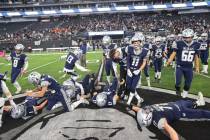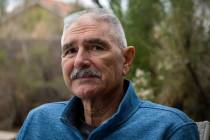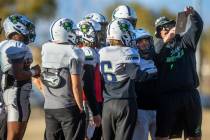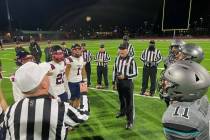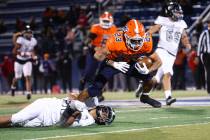Division series not worthy of head table

It’s highly doubtful that kids brought transistor radios and tiny earphones to school Wednesday to clandestinely listen to Game 1 of the American League Division Series, like kids from my generation did when the World Series was on.
For starters, transistor radios became passe around 1973.
Plus, the Rangers were playing the Rays. You might risk a serious rap across the knuckles from Sister Margaret Mary’s titanium-enforced ruler if Bob Gibson were trading zeros with Denny McLain or Mickey Lolich. You don’t when Cliff Lee is pitching against David Price.
If the Rose Bowl is the granddaddy of all the bowl games, then these division series are the Crazy Uncle Sid of baseball’s postseason family that became dysfunctional in 1995, when this additional rung debuted. If the baseball postseason were Thanksgiving dinner, the World Series would sit at the head of the formal dining room table, the two league championship series at the foot. The division series would be relegated to the card table in the adjoining room, with the kids, the dog and Crazy Uncle Sid.
Perhaps that is why they limit them to five games and don’t name Most Valuable Players at the end. Heck, nothing guarantees they’re even going to show all the games on TV if something else is going on.
In 2000, NBC couldn’t decide whether to televise Game 1 of the ALDS between the Yankees and the Athletics or the presidential debate between Al Gore and George W. Bush. It was up to the local affiliates to decide.
The A’s won. Gil Heredia pitched a nice game. The politicians babbled on about foreign policy, which, to Ozzie Guillen’s great surprise, had nothing to do with shortstops born in the Dominican Republic.
Another reason the division series don’t seem like such a big deal is that the Cubs actually won one, in 2003. It was Chicago’s first postseason series victory since 1908. That was the year William Howard Taft and William Jennings Bryan debated from the back of railroad cars.
The baseball postseason always should feature one or more of the following: New York, Boston, Philadelphia, Chicago or St. Louis. Maybe a Detroit or a Cleveland or a Cincinnati. These are fine baseball towns. Los Angeles and San Francisco are acceptable, too, because they are the second homes of the Dodgers and the Giants, and those are fine names for baseball teams.
Texas is a state. Tampa (or St. Petersburg) is not a baseball town. Tampa (or St. Petersburg) is a botanical garden town. Rangers and Rays are not fine names for baseball teams. Rangers is a fine name for a hockey team. Ray is the name of a fish, or your cousin.
If Texas or Tampa Bay were playing New York or Boston or Detroit, no problem. They then would be underdogs, or at least upstarts, and having an upstart in the postseason is good, like the Mets in ’69. But Tampa (or St. Petersburg) should be allowed in only if it builds a real ballpark. Or plays all its games on the road.
Wednesday marked the second time in three years the baseball postseason began in a rollerball arena. Ballparks should have nooks and crannies and either advertisements for razor blades or ivy on the walls. Tropicana Field’s most distinguishable feature is a maze of catwalks above the field in fair territory. This is where they must release the rollerballs from. The left-hander in the Tampa Bay bullpen is Randy Choate. The right-hander is Jonathan E.
This is where you might expect me to say that baseball was better back when everyone used to watch it on TV, or at least listen to it on the radio (with swollen knuckles, thanks to Sister Margaret Mary’s overdeveloped auditory nerve endings). But I won’t, because I don’t want to sound like every other guy my age. I kinda like that there are more than four channels to choose from and that I can watch “East Bound & Down” in high definition three days later.
Besides, at another ballpark — a real ballpark — 1,053 miles up the road, Roy Halladay was just starting to throw his warm-up pitches.
Las Vegas Review-Journal sports columnist Ron Kantowski can be reached at rkantowski@reviewjournal.com or 702-383-0352.





